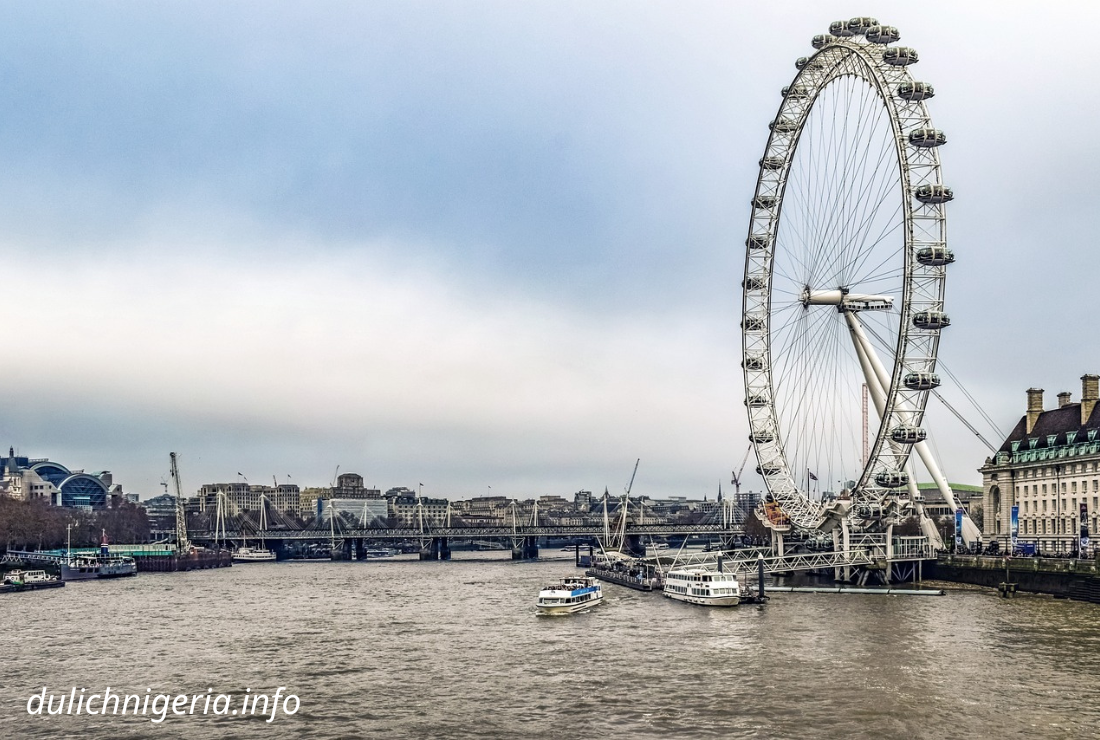Abuja, the capital city of Nigeria, is a modern metropolis known for its impressive architecture, government buildings, and cultural landmarks. It offers a mix of historical, cultural, and natural attractions, making it a compelling destination for tourists. Here’s a guide to exploring Abuja, highlighting its top attractions, including the iconic Aso Rock Park.
Key Takeaways
- Abuja combines modern city life with significant cultural and natural landmarks.
- Top attractions include Aso Rock Park, the National Mosque, and Millennium Park.
- The city offers a range of activities from exploring government buildings to enjoying outdoor spaces.
Top Attractions in Abuja
- Aso Rock Park
- Description: Aso Rock is a massive natural rock formation that dominates Abuja’s skyline. The surrounding park offers stunning views of the city and is a popular spot for hiking and sightseeing.
- Highlights:
- Panoramic Views: The park provides breathtaking views of Abuja and its landmarks from the top of the rock.
- Hiking Trails: There are trails for hiking and exploring the rock formation.
- Unique Feature: The park’s dramatic rock formation and city views make it a must-visit for outdoor enthusiasts and photographers.
- National Mosque
- Description: The National Mosque is one of the largest mosques in Africa and a significant architectural landmark in Abuja. It serves as a key religious and cultural site for Muslims in Nigeria.
- Highlights:
- Architectural Design: The mosque features impressive Islamic architecture, including minarets and a grand prayer hall.
- Guided Tours: Visitors can take guided tours to learn about the mosque’s history and significance.
- Unique Feature: Its grandeur and serene environment make it an important cultural and religious site in Abuja.
- National Assembly Complex
- Description: The National Assembly Complex houses Nigeria’s legislative bodies: the Senate and the House of Representatives. The building is an architectural marvel and a center of the country’s political activity.
- Highlights:
- Architecture: The complex is noted for its distinctive design, including its large domes and modernist style.
- Tours: Guided tours are available for those interested in Nigerian politics and government.
- Unique Feature: The National Assembly’s unique architecture and political significance make it a key site for understanding Nigeria’s governance.
- Millennium Park
- Description: Millennium Park is the largest urban park in Abuja, offering a green space for relaxation and recreation. It’s a popular spot for both locals and visitors.
- Highlights:
- Green Spaces: The park features lush gardens, walking paths, and picnic areas.
- Children’s Playground: There are facilities for children, including play equipment and open spaces.
- Unique Feature: The park’s well-maintained grounds and family-friendly atmosphere make it a great place for leisure and outdoor activities.
- Jabi Lake
- Description: Jabi Lake is an artificial lake located in Abuja, providing a scenic spot for water-based activities and relaxation.
- Highlights:
- Boating: Visitors can enjoy boat rides on the lake, offering a different perspective of the city.
- Picnic Areas: The lakeside area has spaces for picnics and casual outings.
- Unique Feature: The serene lake environment provides a peaceful retreat from the bustling city.
Cultural and Historical Sites
- Nigeria National Museum
- Location: Central Abuja.
- Description: This museum houses a collection of Nigerian artifacts, including sculptures, archaeological finds, and traditional art.
- Highlights:
- Artifacts: Explore exhibits related to Nigeria’s diverse cultures and history.
- Educational Value: Learn about the country’s rich heritage through well-curated displays.
- Unique Feature: The museum’s collection offers a comprehensive overview of Nigeria’s historical and cultural evolution.
- Art and Craft Village
- Location: Near the National Mosque.
- Description: The Art and Craft Village is a marketplace featuring traditional crafts, art, and souvenirs from across Nigeria.
- Highlights:
- Crafts: Browse through handmade crafts, including textiles, carvings, and jewelry.
- Art: Discover local artworks and meet artisans.
- Unique Feature: The village provides an opportunity to purchase authentic Nigerian crafts and interact with local artists.
Practical Information
- Travel Essentials:
- Visa Requirements: Check visa requirements for Nigeria based on your nationality.
- Currency: The currency is the Nigerian Naira (NGN).
- Language: English is the official language, but various indigenous languages are also spoken.
- Health and Safety:
- Health Precautions: Ensure you have travel insurance and take necessary vaccinations. Drink bottled or purified water.
- Safety: Abuja is generally safe for tourists, but it’s important to stay informed about local conditions and follow standard travel precautions.
- Getting Around:
- Transportation: Taxis, ride-hailing services, and private car rentals are common for getting around the city. Abuja’s roads are well-maintained, and public transportation options are available.
Conclusion
Abuja, Nigeria’s capital, offers a rich blend of cultural, historical, and natural attractions. From the impressive Aso Rock Park and the National Mosque to the relaxing Millennium Park and scenic Jabi Lake, the city provides diverse experiences for travelers. Whether you’re interested in exploring Nigeria’s political heart, enjoying outdoor activities, or delving into its cultural heritage, Abuja has something to offer for every visitor.
FAQ
What is Aso Rock Park known for? Aso Rock Park is known for its dramatic rock formation and panoramic views of Abuja, offering hiking trails and scenic vistas.
Can visitors tour the National Mosque? Yes, visitors can take guided tours of the National Mosque to learn about its architectural design and religious significance.
What can I do at Millennium Park? Millennium Park offers green spaces for relaxation, walking paths, picnic areas, and a playground for children.
What is unique about the National Assembly Complex? The National Assembly Complex is noted for its distinctive architecture and serves as the center of Nigeria’s legislative activities.
What activities are available at Jabi Lake? At Jabi Lake, visitors can enjoy boat rides, picnics, and scenic views of the lake’s surroundings.
Where can I buy traditional Nigerian crafts in Abuja? The Art and Craft Village near the National Mosque is a great place to purchase traditional Nigerian crafts and artworks.
